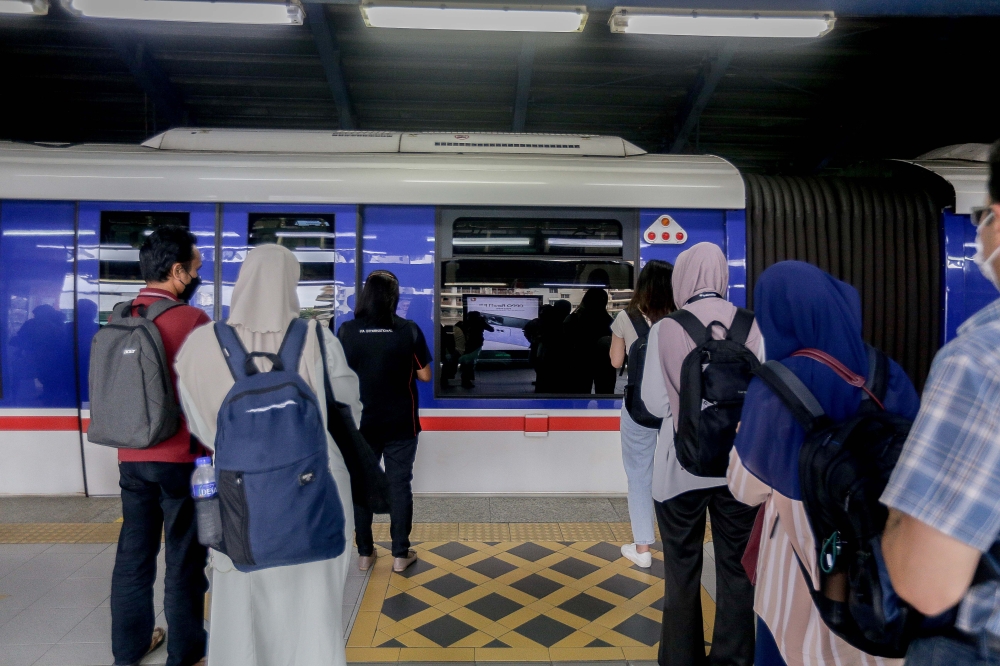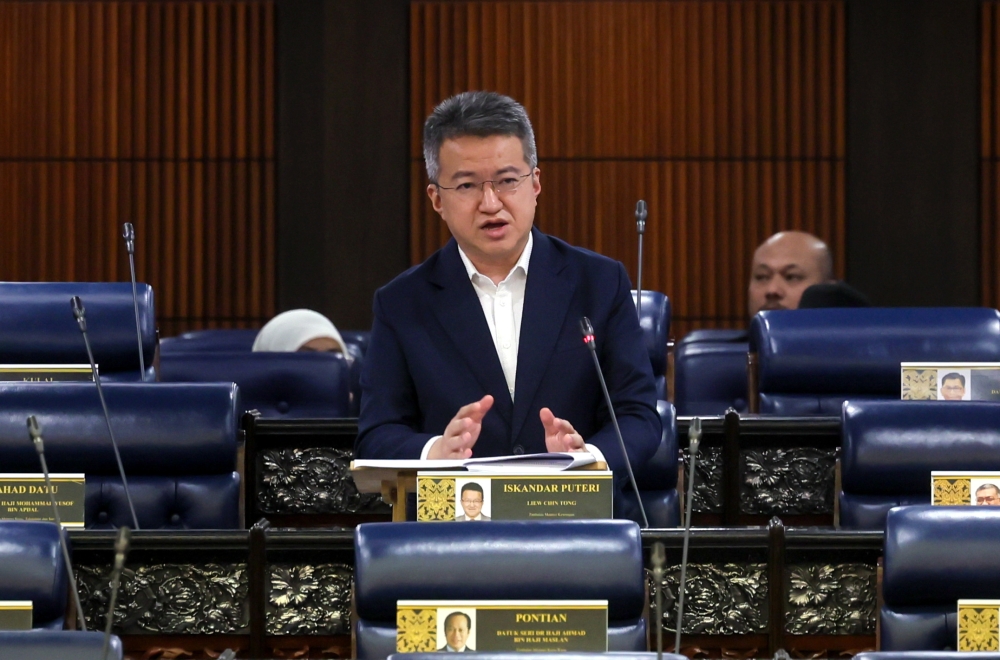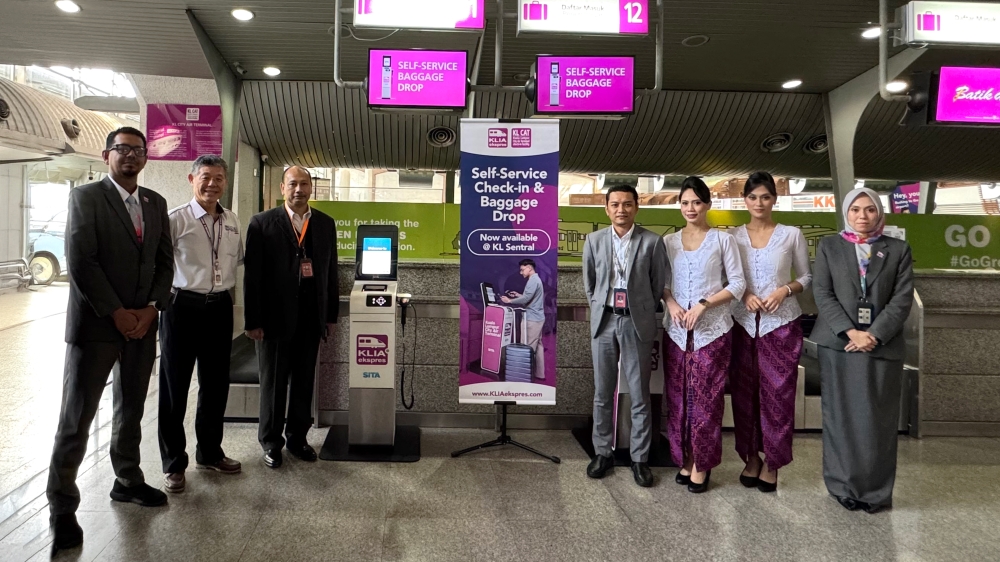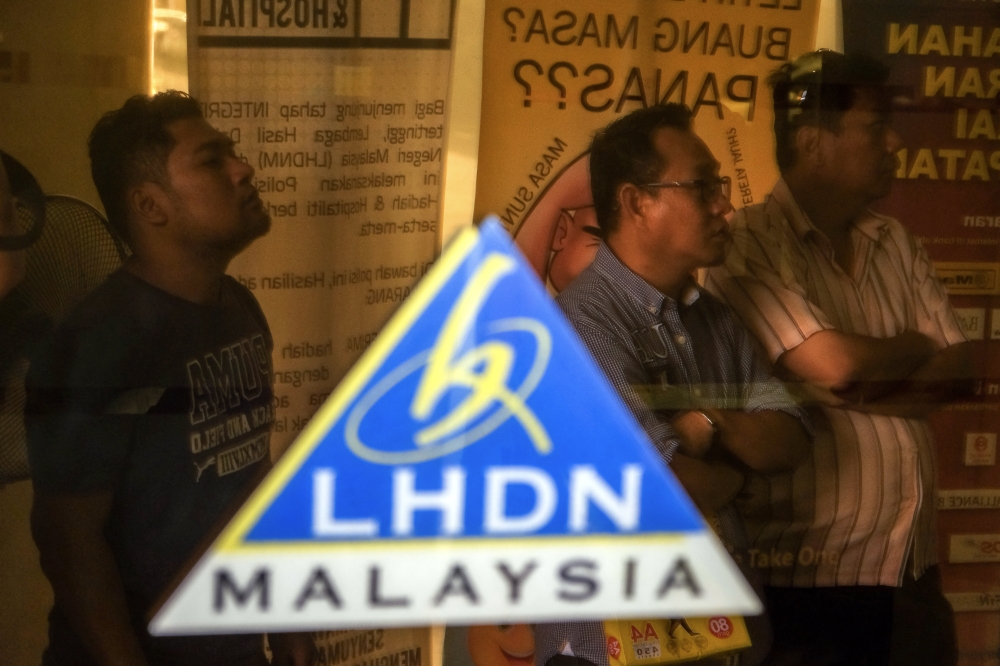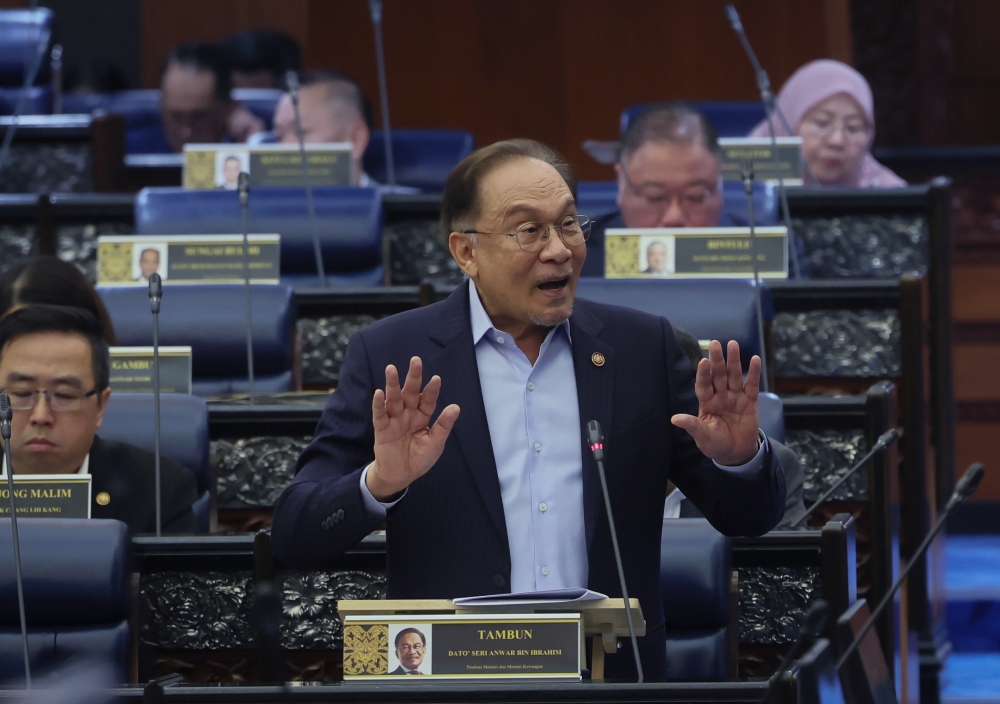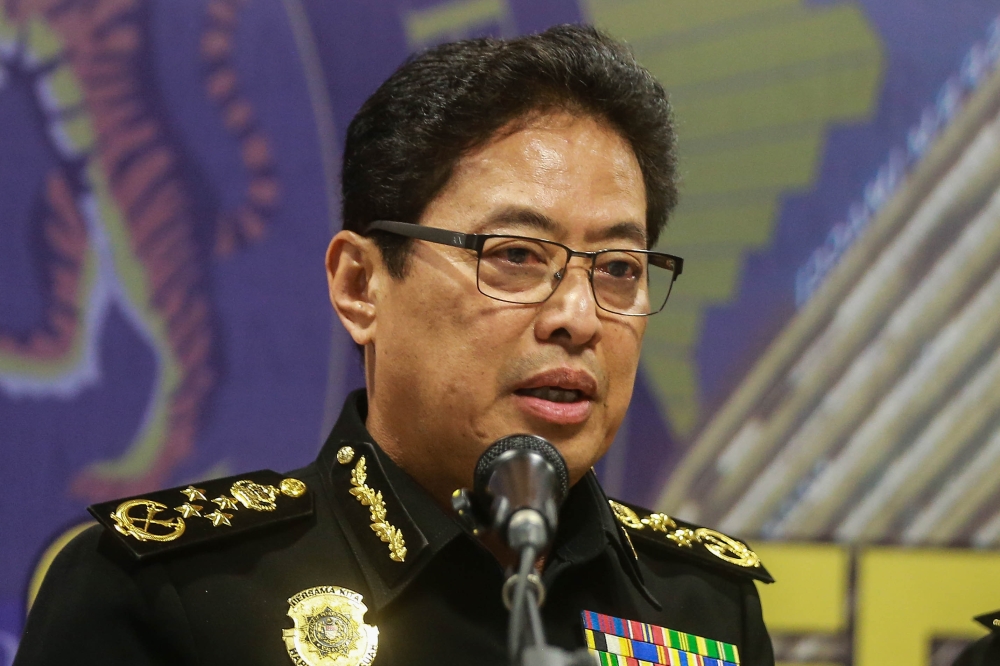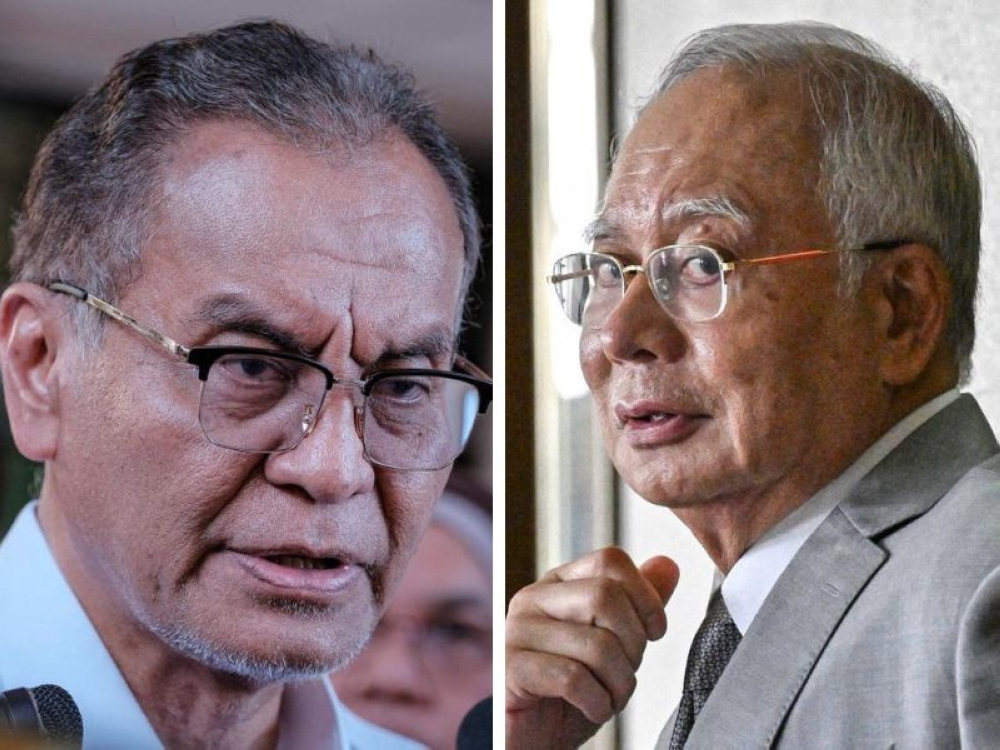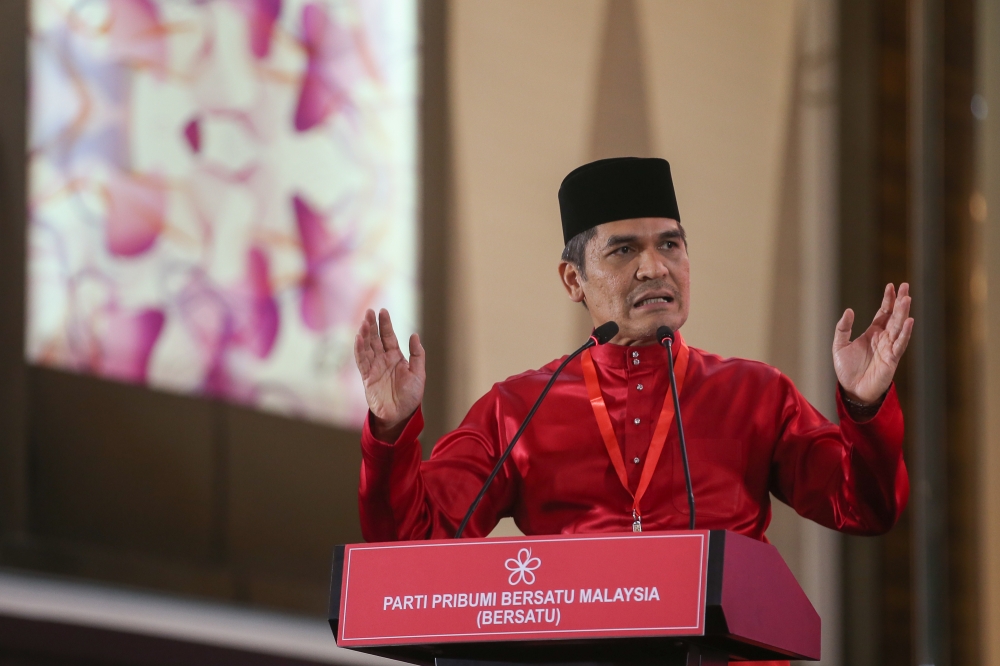KUALA LUMPUR, April 19 — Prime Minister Datuk Seri Ismail Sabri Yaakob’s “decisiveness” against imposing future lockdowns — even as Covid-19 cases surged — gave firms the confidence to plan ahead, his economic director Shahril Hamdan told Malay Mail.
This, in turn, helped spur economic growth to help pave the way for a quick rebound, he added.
Shahril, who describes himself as someone tasked to “assist” Ismail oversee tough policy decisions, said the country’s rebound should be credited to the “policy clarity” of the Umno-led government.
The move has already had some success, the Umno information chief said, citing the steady dip in unemployment since the pandemic began.
“The biggest challenge was — and remains — unemployment and ensuring the economy rebounds as soon as possible so we can go back to long term issues at hand. When I joined the office, unemployment was around 4.5 per cent,” he said.
“There was some limited success... we managed to create some 272,000 new jobs and the unemployment rate did go down.
“I think in part this is due to his clarity about reopening the economy and making it clear multiple times that there will be no more lockdowns.”
Ismail, the first sitting Umno vice-president to become prime minister, took office in 2021 amid heightened political volatility.
On the ground, job losses and dwindling income were fostering public contempt as people blamed government leaders for the economic meltdown, fueling calls for the economy to reopen.
But the emergence of the Delta and, later, Omicron variants of the coronavirus pushed daily cases up and stoked fears that reopening could lead to further strains on the public healthcare system.
Shahril suggested Ismail was forced to make a tough call; the prime minister chose to keep the economy open, betting on the effectiveness of the vaccination drive and the ability of public health authorities to manage the rise in transmissions.
“It would have been easier to just follow the previous template and just say we’ll have to rely on case numbers... he was very clear even as new variants were coming up, he had confidence in the vaccination programme led by Minister of Health Khairy Jamaluddin to make that call,” he said.
Numbers game
Malaysia's economy grew by 3.6 per cent year-on-year in the fourth quarter last year as the economy reopened. Ismail announced that the country will begin its transition towards “endemicity” starting April 1, marked by the opening of international borders.
Close to four-fifths of the Malaysian population has been fully vaccinated as of April.
The unemployment rate dropped to 4.2 per cent by January 2022, a 0.5 per cent year-on-year decline from the 4.8 per cent registered in the 4th quarter of 2020. The number of unemployed persons fell 8.7 per cent to 694,000 from 760,700 a year ago.
The labour participation rate in the immediate previous quarter was also higher, according to the Department of Statistics Malaysia data as the reopening of industries meant more people are returning to work.
The rate edged up 0.2 percentage point year-on-year to 68.7 per cent from 68.5 per cent from the same period in 2020.
All this could bode well for Ismail’s image. But speculation is rife that the Bera MP’s future as prime minister may be uncertain even as his party is seen as favourites to regain federal power in the upcoming general elections.
Shahril did not comment on the matter but suggested the government’s commitment to revive the job market by addressing long-standing structural weaknesses that has kept Malaysia trapped in the “middle-income economy” for decades is intact, regardless of who holds that post.
“We want to look at the more systemic issues around underemployment, wage stagnation and things like that,” he said.
This means relooking at policies that were planned to address underemployment and wage stagnation, either review or get them restarted, Shahril said.
He added that the pandemic had disrupted implementation and forced the government to redirect most of its resources towards jump-starting the economy.
Still, Shahril argued there is continuity in the policies that have been put in place so far. He cited the Jaminkerja programme and minimum wage, as examples.
Ismail was instrumental in ensuring Jaminkerja happened, the Umno leader told Malay Mail.
Jaminkerja is loosely based on the federal jobs guarantee idea proposed by modern monetary theory economists who proposed the government intervenes directly to prevent degrowth by hiring workers directly during a bust cycle.
Under Jaminkerja, those without jobs were able to find work with government agencies for a period of one year, while those seeking a shorter employment period could find attachment at the various government-linked companies for six months.
Current Finance Minister Datuk Seri Tengku Zafrul Abdul Aziz said the programme had created 600,000 job opportunities. However, it is unclear what the take-up rate is to date.
Tackling inequality?
Shahril also praised the prime minister for his decisiveness in raising the minimum wage to RM1,500, something that he noted the prime minister’s predecessors were unable to do. He believes the move is a step towards addressing the low wage conundrum and reducing inequality.
“That’s my view personally but I think the PM is also very keen to ensure the issues around underemployment and inequality are looked at,” he said.
“His insistence I think is an indication towards that commitment. Obviously it’s not going to be enough to solve the problem, but again, it’s one of those brave steps. He could have easily said now is not the time,” citing the resistance against raising the rate to RM1,500.
The minimum wage rate announced by Ismail was initially pledged by the Pakatan Harapan government, which fell because of political defections that also helped make Ismail the prime minister.
PH was accused of reneging on its electoral promise when it delayed setting the floor rate to RM1,500, resulting in a strong backlash that dented public confidence towards the coalition which analysts say lingers until today.
Ismail’s move had likely endeared him more to neutral voters particularly, although his critics argued that the minimum wage policy move was nothing more than the sort of populism that Umno is known for.
Detractors cited the move to allow people to withdraw from their retirement savings, as another example.
Ismail greenlit a one-off special Employees Provident Fund (EPF) withdrawal of up to RM10,000 in April on top of two earlier withdrawals despite warnings that the move could hasten a potential retirement crisis.
Some 6.1 million EPF contributors have savings of less than RM10,000, Finance Minister Datuk Seri Tengku Zafrul Abdul Aziz told Parliament in November last year.
Shahril shrugged off the criticism as flimsy, saying so long as the positive outweighs the bad, whether or not the policy announcement was intended to woo support shouldn’t matter.
“I think it’s one of those things that you can’t prove a negative. Every time you do something good — and in some cases good can also become popular — and minimum wage happens to be one of those things, then there is accusation,” he said.
“But in the end the government needs to do what it thinks is right. I think as PM he chooses to make the announcement using whatever platform he wants, I don't think that’s so much of an issue,” he added.
“What we should be debating about is how do we ensure this policy gets executed as quickly as possible, how do we ensure the exemption is given only to the right companies that deserve the exemption. That’s what we should be focusing on.”


